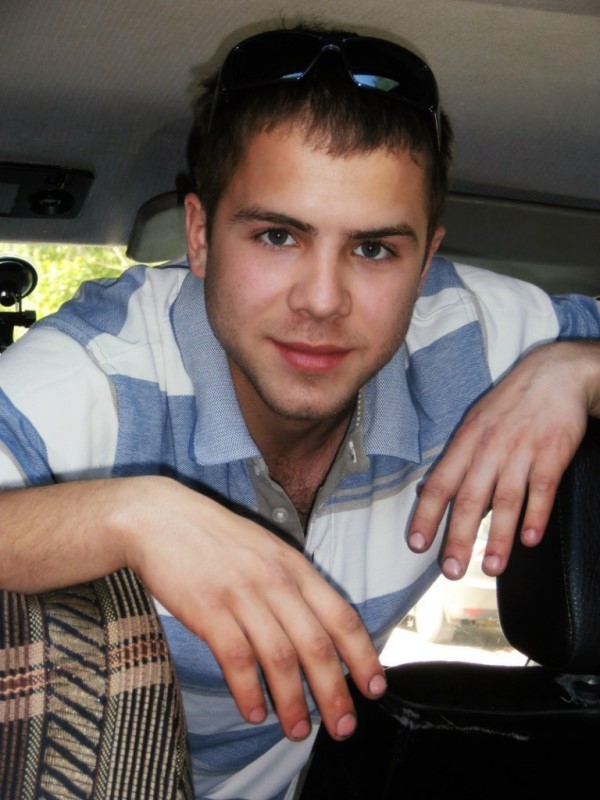Sinister disappearances and killings in Kremlin-backed ‘Luhansk republic’

The body of one of four taxi drivers to have disappeared in militant-controlled Luhansk over the past year has been discovered, ten months after his family reported his disappearance. The number of enforced disappearances in the self-proclaimed ‘Donetsk and Luhansk people’s republics’ [DPR, LPR, respectively] is almost certainly much greater than those reported to human rights organizations, while some of the known ‘arrests’ can probably be linked with later reports of unnamed ‘spies’ or ‘saboteurs’ receiving huge sentences.
Serhiy Dmitrenko was just 25 years old and worked for a taxi company in Luhansk. He disappeared in the early evening of January 7, 2017 after responding to a call for a taxi and taking the people to their destination. His family searched everywhere and also reported his disappearance to the so-called ‘military prosecutor’.
His body, with signs of a violent death, was found on October 5, near the side of the road in Yubileiny.
Three other young taxi drivers disappeared in July 2016, with the body of one of the men, 27-year-old Dmytro Krylov found the next morning. It is not clear what the cause of death was, but the fact that there were no knife or gunshot wounds possibly suggests that this was no ‘ordinary’ armed robbery. All three men’s cars were found in different parts of the city. They had vanished between 22.00 and 23.00, which is around the time that the militant-imposed curfew begins. Although they all had permits to work during curfew hours, there are reports that only the most daring of taxi drivers risk working at night in LPR.
These are not the only disappearances.
22-year-old Mykola Petukhov was seized by armed LPR militants in the early morning of August 31. Mykola’s mother reports that a young man, identified only as Oleksiy, was seized just a week earlier, and his body found a few days later, Both of them made a living by helping people with luggage as they cross from LPR into government-controlled territory or vice versa.
Petukhov is understood to have crossed from government-controlled territory through the checkpoint near Stanytsya Luhanska at around 6 a.m. on August 31. Witnesses say that he was surrounded by armed men who asked him something, and then took him away.
Ludmila Surzhenko, a 39-year-old woman with pro-Ukrainian views and severe hearing impairment, was detained at the militants’ checkpoint on July 13 as she returned from a trip to Stanytsya Luhanska for humanitarian aid. Witnesses reported then that the militants had forced her to take everything out of her bags, and they had seized her phone, and then taken her away.
Thankfully, she was finally released three weeks later, but with scars from the torture methods the militants had used. Her finger was badly swollen after the militants applied tweezers for several days and held her in handcuffs trying to force her to ‘confess’ to spying or acts of sabotage for the Ukrainian Security Service [SBU].
Roman Sahaidak is a 30-year-old entrepreneur from Krasnodon who was stopped on June 30 by armed men in military gear who forced him into their car.
The following day, men saying that they were ‘from the ‘LPR ministry of state security’ appeared at his flat and carried out a search, taking away everything that could be removed. The same thing happened at the home of his parents.
The family in general have tried to keep silent out of fear that their son could face retaliation, however Roman’s sister, Anna Slastnikova has on the contrary turned to the media, believing that publicity can help him. It was only after KHPG and then the media reported his abduction that the militants allowed him to see his parents. Details of her account can be found here.
Given the general lack of information and the alarming reports of ‘sentences’ of 12 or even 20 years passed on supposed ‘spies’, it is worth noting that Sahaidak’s family had enormous difficulty finding a lawyer. As soon as the latter learn that the case involves a person held by ‘LPR ‘ministry of state security’, they refuse to have anything to do with it.





